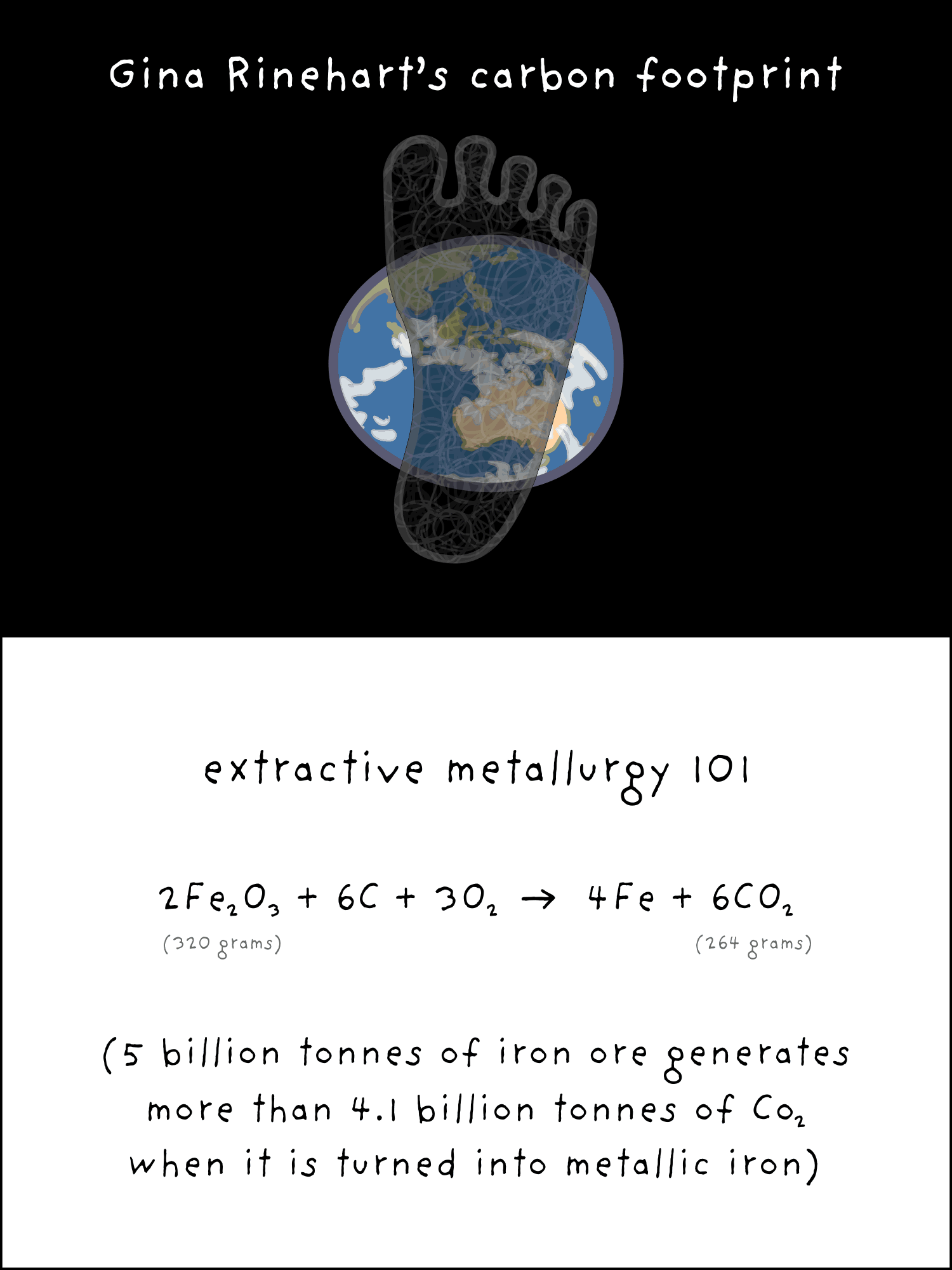I believe we cannot save the world by simply buying things all the time.

Even if we all bought 100% eco things 100% of the time instead of the plastic crap that everyone buys today, they are still ultimately things and it will mean that the demand for timber and other eco fibres will go up further, leading to further deforestation elsewhere (more plantations of whatever crop, be it corn for renewable plastic, bamboo or hemp for fibres, etc).
Personally I think the only real ‘solution’ for the entire human civilisation is … to do nothing. And by that I don’t mean “don’t change”. I literally mean: do nothing. For people to simply work less. Work a four day week. Work a four hour week.
We should be more like the Aborigines! We should look up to the Aborigines! The original (and best) custodians of this land.
More sleep and more meditation. That’s the only hope for humanity, for people to be more mindful. And that is the best that I can think of (after several years of thinking I might add).
And I can tell you first hand that it’s very hard to live with less, because we have all been brainwashed with “more more more”.
Of course it’s a huge problem because half the global economy is based on blatant overconsumption. I think one of the best things I ever did was to live in Spain — it taught me to be happier with much less.
I’m not saying we shouldn’t all try to be more eco, but what I am promoting these days is simply minimalism. So I would rather buy a wooden broom than have a vacuum cleaner (for example). Because I see the broom as being much less wasteful over the long term.
Unfortunately, when you begin to look at where all of our starting chemicals come from, the industrial processes used to get them, and where everything else is mined from, you realise how big the problem is.
People don’t want mines in their own backyard. And so the ONLY other place to get them is the natural spaces that are left. That is a very big problem. If only because “accidents happen”.
From my point of view as a former materials scientist, I find that life is so special, we should be fighting for every shred of biodiversity on this planet. We couldn’t even hope to artificially make anything like near as complicated as a fly or a worm from first principles using artificial methods (without cheating using genetic engineering etc).

